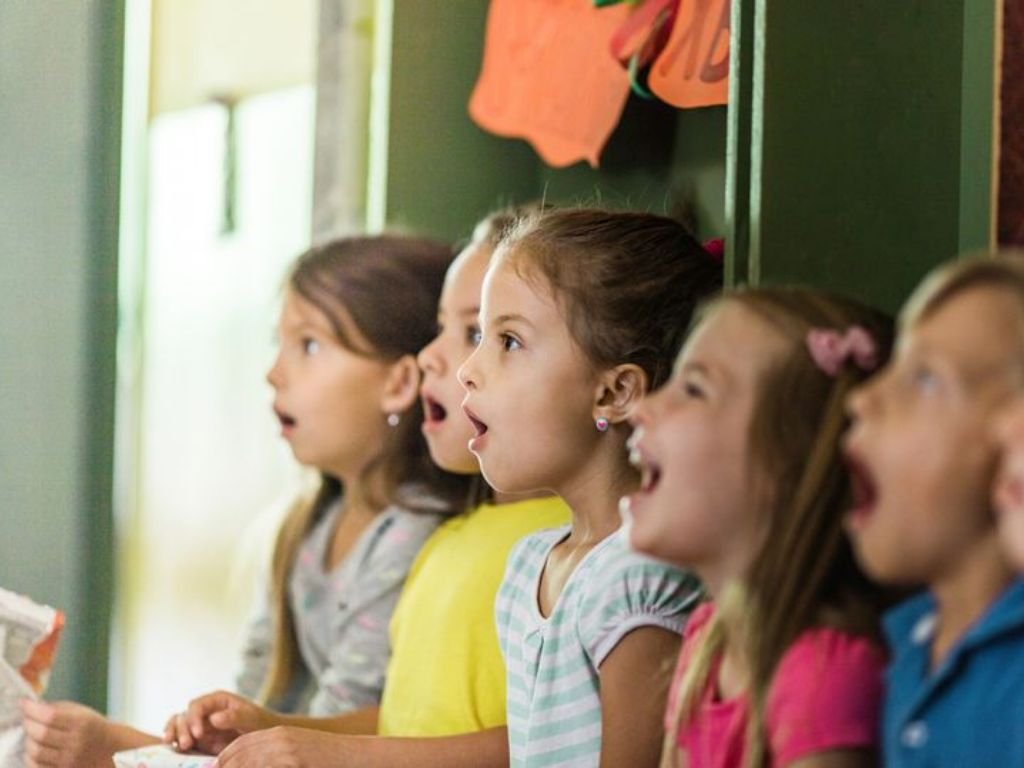The “Happy Birthday” song might seem like an innocent part of any school celebration, but before 2016, things were a bit more complicated.
At the heart of this issue lay copyright laws, which governed how songs like “Happy Birthday” could be publicly performed—even in classrooms. For schools, this presented a unique legal gray area.
Although students and teachers would often sing the song, the legal status of such performances wasn’t always clear.
Did schools actually need permission to sing “Happy Birthday”? And how did copyright law treat schools differently from other public spaces?
Copyright and Schools
In the years before “Happy Birthday” was declared part of the public domain, schools had to carefully consider copyright restrictions for public performances. While restaurants and businesses were the primary focus for licensing fees, schools technically weren’t off the hook.
Under copyright law, any public performance of a song that wasn’t explicitly free to use could be considered a violation—yes, even something as simple as a classroom birthday song.
For most schools, however, this was a gray area that wasn’t widely enforced. Warner/Chappell Music wasn’t targeting schools specifically, but the possibility of copyright infringement lingered.
Schools are, after all, public institutions, and in theory, performing copyrighted songs without permission could result in fines or penalties.
While lawsuits against schools were rare, some school districts were still cautious. A few opted for safer alternatives to avoid any possible legal complications.
Teachers and administrators would replace “Happy Birthday” with alternative, non-copyrighted songs or even let students create their own birthday tunes.
For larger school events, like assemblies or concerts, where performances were more public, some schools avoided any risk altogether.
Did Schools Need Permission?
Legally, yes, schools needed permission if they wanted to be on the safe side. Before 2016, performing “Happy Birthday” in public required a license, and that rule applied to schools just as it did to restaurants, theaters, or businesses.
Even though the likelihood of a lawsuit was low, the law was clear: copyrighted material could not be publicly performed without the proper permissions. So, whether a teacher led a classroom in singing “Happy Birthday” or a school celebrated a birthday at an assembly, it technically required a license.
For smaller schools or individual classrooms, this legal requirement often went unnoticed.
In 2016, the legal world of “Happy Birthday” was flipped upside down. A U.S. district court ruled that Warner/Chappell Music didn’t have a valid copyright claim to the song. This ruling meant that “Happy Birthday” entered the public domain, allowing schools—and everyone else—to sing it freely without fear of legal consequences.
After the ruling, schools no longer had to worry about the potential risk of performing the song.
Conclusion
For years, schools operated in a legal gray zone when it came to singing “Happy Birthday.” Though it was unlikely they would face legal consequences, they technically needed permission to perform the song publicly.
The 2016 court ruling, which declared “Happy Birthday” part of the public domain, finally cleared the path for schools to sing the song freely, without the shadow of copyright law hanging over them.
Now, the song can be used in classrooms and school events without hesitation, showing just how deeply copyright law can affect even the most ordinary traditions.


